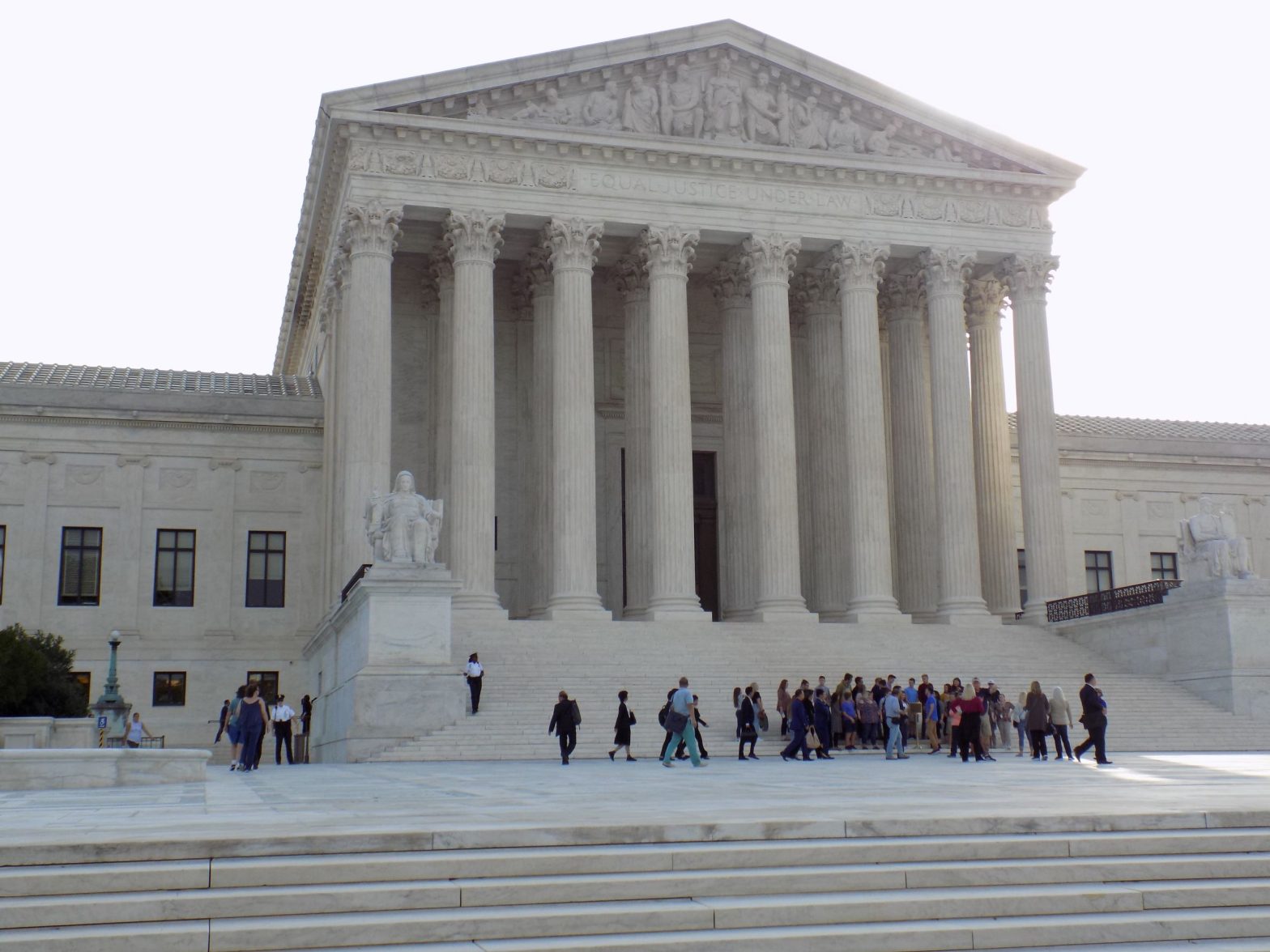Big Law Firms Get Senator’s Warning on Diversity, Equity and Inclusion

WASHINGTON — A member of the Senate Judiciary Committee is warning big law firms to be careful with their diversity, equity and inclusion programs to comply with a Supreme Court decision last month that ended race-conscious admissions policies at U.S. colleges and universities.
Otherwise, they risk violating federal law, says a letter from Sen. Tom Cotton, R-Ark.
The 51 law firms that received the letter included some of Washington’s biggest, such as Hogan Lovells, Kirkland & Ellis, Latham & Watkins and Greenberg Traurig.
The letter only thinly hides a threat.
“Though that case focused on colleges, the same principles and indeed the plain text of federal law also cover private employers,” Cotton wrote last week. “To the extent that your firm continues to advise clients regarding DEI programs or operate one of your own, both you and those clients should take care to preserve relevant documents in anticipation of investigations and litigation.”
Cotton’s warning runs counter to a trend among law firms in recent years to adopt policies that seek to hire and promote more employees representing a cross-section of society’s races and genders.
Hogan Lovells provides an example on its website that says, “Our vision for Hogan Lovells is to make a meaningful, positive impact for everyone at our firm by fostering an inclusive culture, and to establish ourselves as a market and thought leader in diversity, equity and inclusion. Our commitment to delivering on DEI is a strategic priority for the firm.”
The Association of Law Firm Diversity Professionals reported recently that its membership doubled since 2021 to nearly 450 members now.
Firms with employment law sections also increasingly advise clients on diversity, equity and inclusion as well as environmental, social and governance issues.
Cotton suggested that they avoid “race-based hiring quotas and benchmarks” while adding, “Your firm has a duty to fully inform clients of the risks they incur by making employment decisions based on race.”
Cotton was referring to the June 29 Supreme Court ruling that struck down affirmative action admissions policies at Harvard University and the University of North Carolina at Chapel Hill. It revised decades of precedent and already is having a broad effect on academia and the workforce.
The Supreme Court said affirmative action should be replaced by “race-neutral” alternatives in admissions.
The cases are Students for Fair Admissions v. President & Fellows of Harvard, case number 20-1199, and Students for Fair Admissions v. University of North Carolina et al., case number 21-707, in the Supreme Court of the United States.
You can reach us at [email protected] and follow us on Facebook and Twitter
























